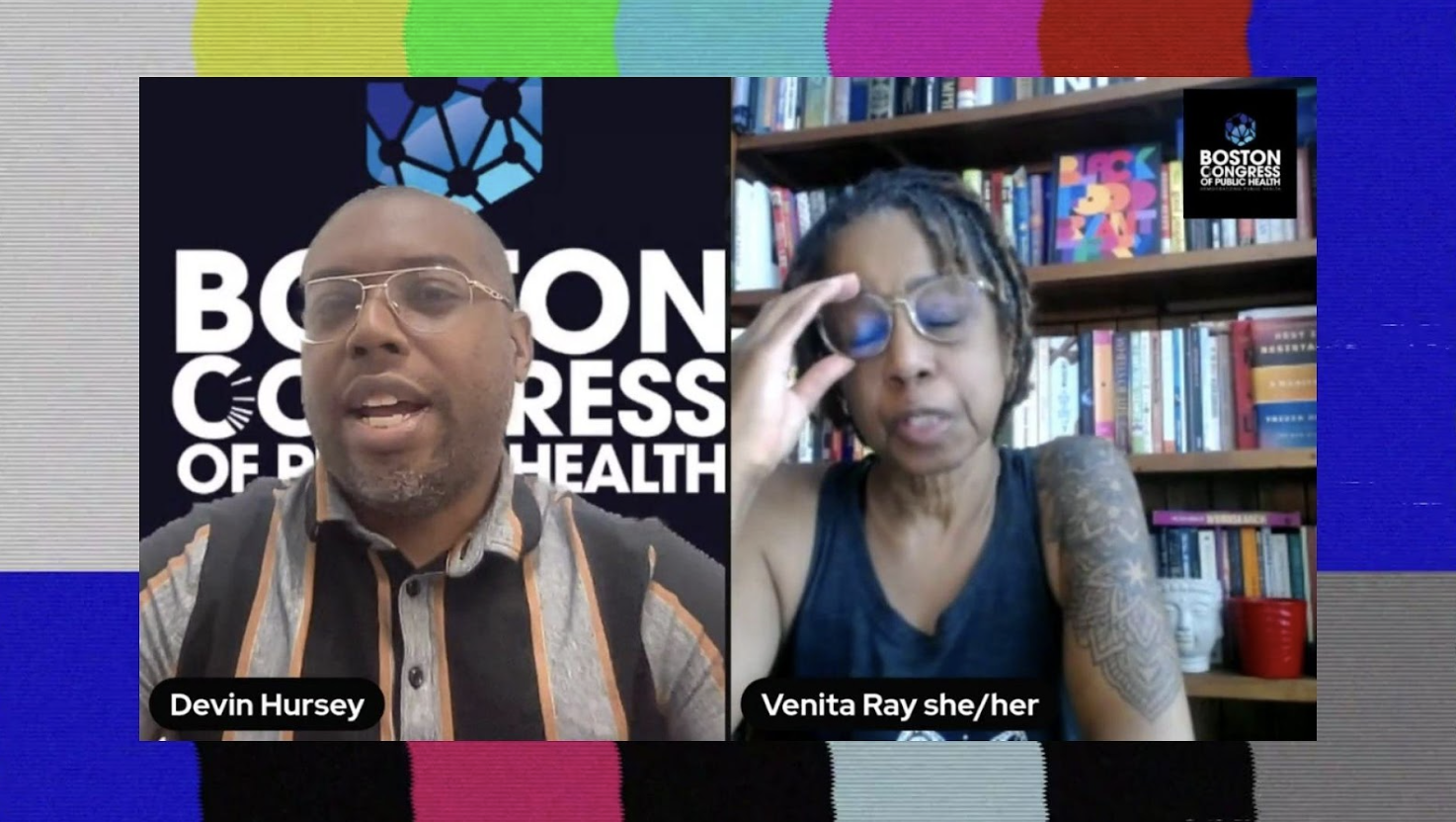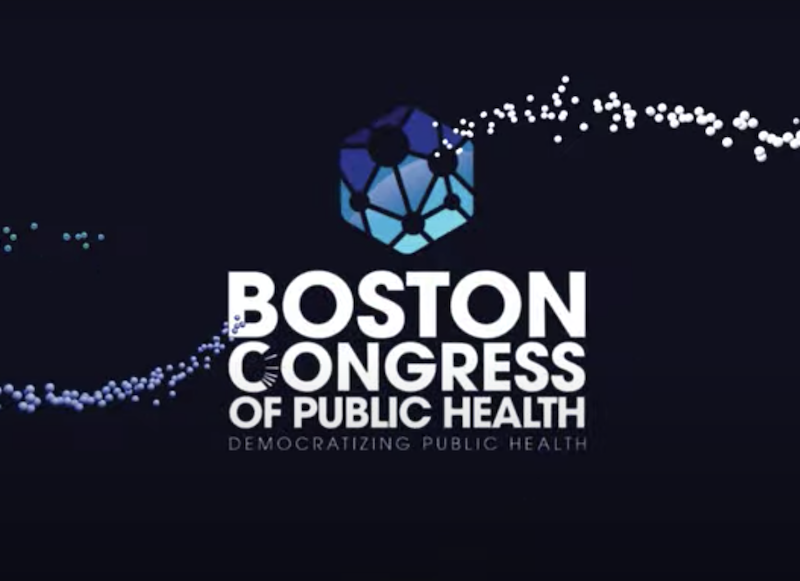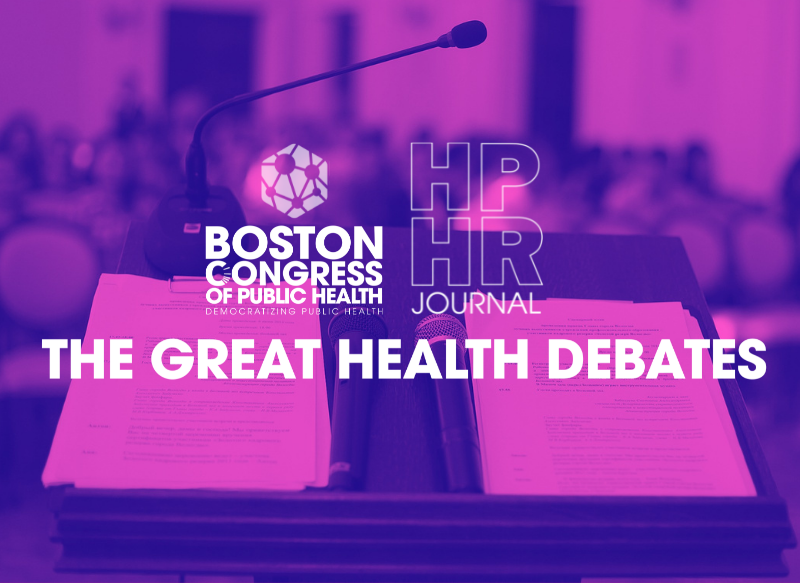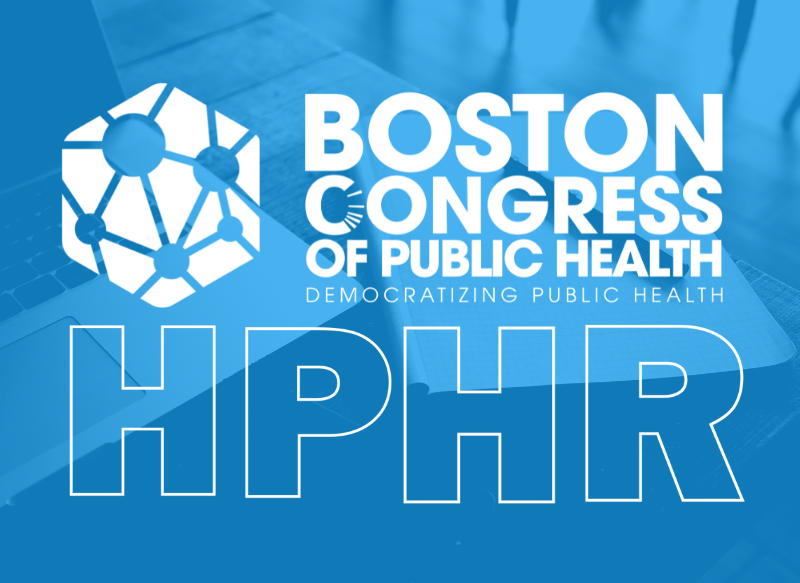’m continuing a series exploring the relationship between community and public health institutions, with a particular focus on trust. If we have learned nothing else from the Covid-19 pandemic, we have learned that our health is intricately connected with the health of other members of our community. Because of this fact, it is vitally important that communities can trust public health information and interventions enacted by public health institutions.

Meaningful Involvement of People with HIV (MIPA) is a set of principles for including people living with HIV in all decisions regarding the HIV epidemic. In the global discourse, MIPA is referred to as the greater involvement of people with HIV(GIPA).
Denver Principles
In June of 1983 at the National Lesbian and Gay Health Conference hosted in Denver, Colorado, a group of attendees living with HIV organized themselves and drafted a manifesto comprised of a list of recommendations. This list would go on to be known as the Denver principles, marking the beginning of the self-determination movement for people living with HIV (or AIDS at the time). The Denver principles are organized into three sections with recommendations for all people, recommendations for “people with AIDS”, and a section listing the rights of “people with AIDS”.
We condemn attempts to label us as “victims,” a term which implies defeat, and we are only occasionally “patients,” a term which implies passivity, helplessness, and dependence upon the care of others. We are “People With AIDS.”
-Denver Principles 1983
MIPA
The Denver Principles, over a few decades, evolved into MIPA and GIPA. Effective MIPA implementation requires the involvement of people with HIV in all policy, programmatic, and funding decisions regarding the epidemic. Additionally, people living with HIV should be engaged early and often, before any planning takes place. This way, people with HIV are afforded the opportunity to share in all planning stages and contribute to implementation and evaluation.
MIPA Implementation
MIPA requires organizations to assess their capacity to facilitate MIPA. This often requires organizations to consider their structure, and leadership at every level.
Networks of people living with HIV can implement MIPA by adopting policies and decision-making processes that make especial consideration for all people living with HIV. These approaches ensure that no one is left behind.
The mission of the Boston Congress of Public Health Thought Leadership for Public Health Fellowship (BCPH Fellowship) seeks to:
It is guided by an overall vision to provide a platform, training, and support network for the next generation of public health thought leaders and public scholars to explore and grow their voice.





